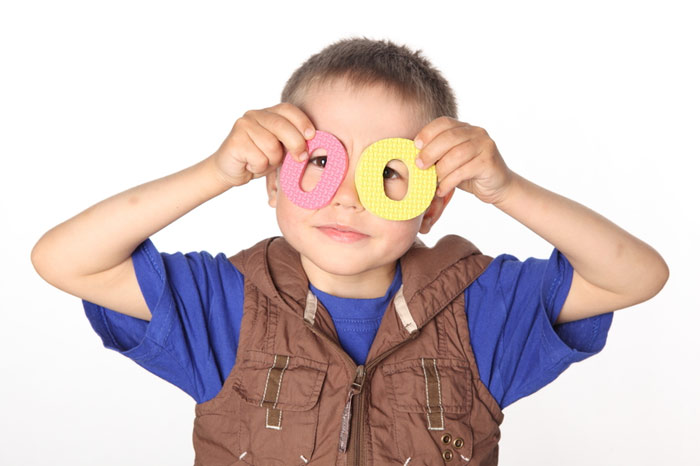3 Ways to Improve Your Kid’s Oratory Skills
When we think about our children’s school life we can miss out on many factors inadvertently – like have you ever thought that school learning implies speaking in public practically every day? Come to think of it, speaking before people can put a strain on many adults, to say nothing of little kids who are exposed to it on a regular basis. So, how about helping them along a bit towards being surer of themselves in public?

Communicating skills is something that will come in useful on any stage of life, so why not start working on it from an early age and make children’s answers at school more polished and, in consequence, more enjoyable? It’s not that there is no helpful advice from communication experts addressed to kids especially. Here are a few hints for parents who face this issue or want to develop these skills in their juniors.
Actually, our children have already started to communicate, present themselves, argue and persuade other people both face to face and with other children or people present. It shouldn’t be very difficult to convince the child that he or she will need to learn to do it better. A little pushing along can make them excellent communicators who will be benefiting from their acquired skills during the rest of their lives.
Now, how exactly can you set about it?
- Describe what you see. When you are driving somewhere or just walking about the town, get your kid to describe what you see en route – complete with colors, shapes, other adjectives. When you get them do it well, give a one-minute limit attempting at the best description. Sucj practice will teach the junior to observe which is another important ability as well as provide an exact and succinct description.
- Playing Woof. Here’s training on quick thinking and minding what you say. Think of a word that is often used, like is or said. Then you give the kid a topic for a story or a description. They have to speak for a minute replacing the chosen word with woof. They should do it like this: It woof my favorite snack; or, And then he woof that it was all right. It is not so easy a task as it may seem!
- The animal riddle. This one is for delivering unique information to the public. Round up a little company of family members and/or your child’s friends, tell them to think of an animal and how they can describe it without naming. Then other participants will ask the kid questions about the animal until they can guess what animal it is. Not being afraid of questions or interruptions is one of the important aspects of addressing a group of people.
As you get down to it in earnest, you may invent some other activities that will stimulate your child to speak out without reservations. We welcome your input in comments.
